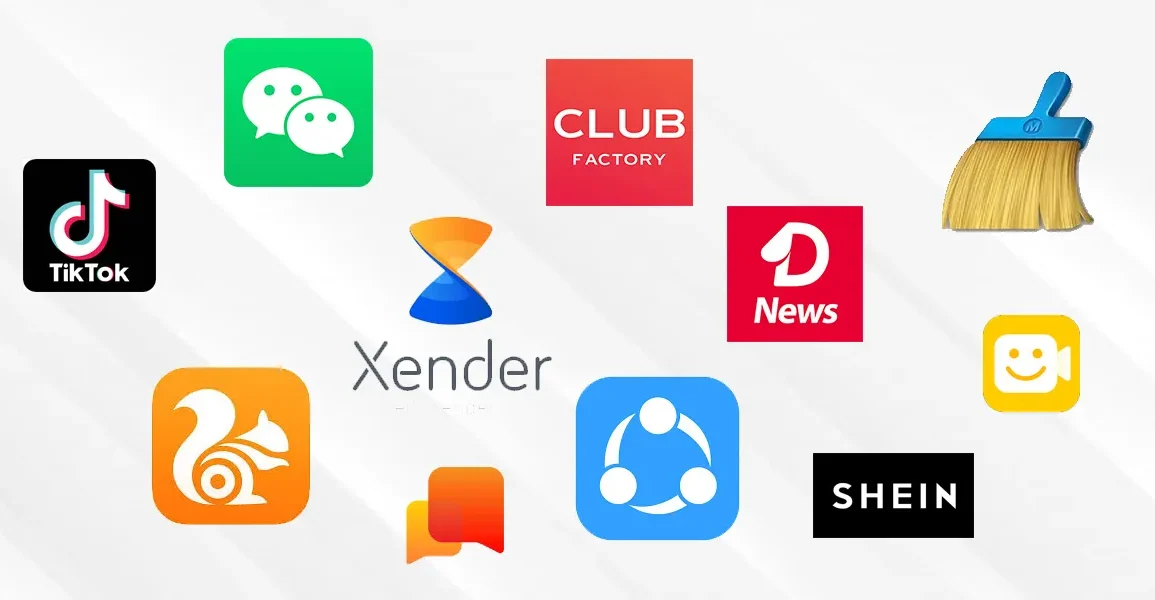In digital media, no country has been more vocal about its disdain for Chinese apps than India. In recent years, tensions between the two nations have been escalating, and the Indian government’s decision to ban several Chinese apps, including the popular video-sharing platform TikTok, has sent suprisewaves across the globe. But what led to this sudden and unexpected move? As we go into the reasons behind the ban, we’ll discover the complex web of politics, national security, and economic interests that have created a divide between these two Eastern giants.
The Rise of Chinese Apps: A New Era of Digital Dominance
Chinese apps, such as TikTok, WeChat, and PUBG Mobile, have become a staple of daily life for millions of Indians. Their appeal lies in their addictive gamification, social networking capabilities, and bite-sized content. However, beneath their entertaining façade, these apps have also raised concerns about data privacy, security breaches, and potential national security threats. The Indian government has long been wary of these apps’ potential to compromise sensitive information and influence public opinion.
National Security Concerns and Competition with Local Apps
India’s concerns about TikTok and other Chinese apps go beyond mere data privacy. The government has accused these platforms of being a security risk, citing instances where they have been used to spread misinformation, incite violence, and even spy on users. The federal government has also expressed concerns about the Chinese ownership of these apps, fearful that Beijing could use them to gather intelligence on Indian citizens. Moreover, the ban has also been seen as a way to boost the growth of local apps and support the startup ecosystem in India.
Economic Interests and Trade Tensions
The ban has also been seen as a response to the ongoing trade tensions between India and China. The Indian government has long been pushing back against China’s dominance in the technology sector, and the ban is viewed as an attempt to equalize the playing field. Furthermore, the economic implications of the ban are significant, as many Chinese apps rely on advertising revenue from Indian users. The loss of this revenue stream could have a ripple effect on the Chinese economy, impacting the global trade and financial markets.
The ban on TikTok and other Chinese apps in India is a complex issue, driven by a mix of national security concerns, economic interests, and trade tensions. While some see the ban as an overreach by the government, others believe it is a necessary step to protect Indian interests in the digital age. As the world becomes increasingly interconnected, the ban serves as a cautionary tale about the importance of digital sovereignty and the need for nations to protect their interests in the digital terrain.


